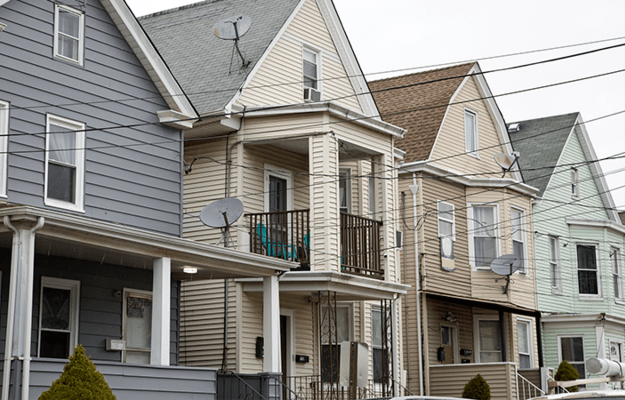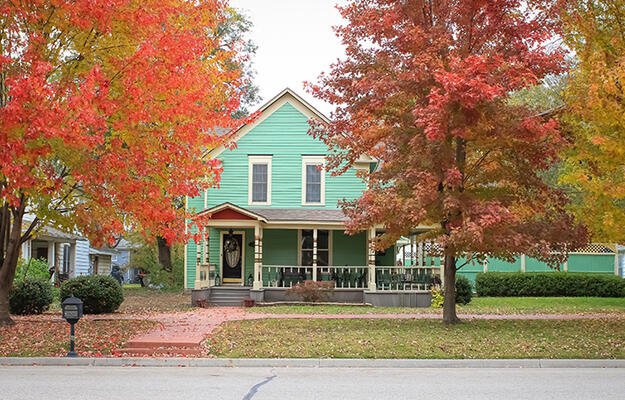
Do Housing Subsidies Ease the Transition to Adulthood?
- Title:
- Do Housing Subsidies Ease the Transition to Adulthood?
- Author:
-
Yana Kucheva
- Source:
-
Demography
- Publication Date:
-
2018
The transition to adulthood is often characterized by reaching life milestones, such as completing school, leaving home, entering the workforce, getting married, and having children. Although extensive evidence suggests that the timing and order of these events have long-term consequences on a person’s well-being, few social policy programs channel resources to families with young adults or young adults themselves. Additionally, little research exists to understand how well existing social policy programs facilitate the transition to adulthood. To help build the evidence base, this study measured the effects of subsidized housing on teenage parenthood, household formation, and educational attainment.
The study relied on data from the Panel Study of Income Dynamics, a longitudinal survey of US households that captures an extensive set of socioeconomic variables, with an oversample of low-income households and families of color. Using data from the years 1968 through 2009, the study analyzed the outcomes associated with transitioning to adulthood for children who lived in subsidized housing before age 18, compared with children who lived in families that were eligible for subsidized housing before age 18 but who never received housing subsidies. The researchers used a weighted regression model to analyze results based on the type of housing subsidy received (e.g., public housing, privately managed subsidized housing, and eligible but never received) and demographic and neighborhood characteristics including race, gender, family size, household income, and indicators of concentrated neighborhood disadvantage, among others.
The study sample revealed that Black children were much more likely to be born into single-headed households, families with very low incomes, families experiencing overcrowding, and families living in high-poverty neighborhoods. Conversely, nonblack children living in subsidized housing had more resources than Black children, and in the case of those living in privately managed subsidized housing, had about the same socioeconomic characteristics as Black children who never entered subsidized housing. Overall, children living in subsidized housing were more likely to become teenage parents, establish households at earlier ages, and have lower educational attainment compared with children eligible for the program but who never received a housing subsidy.
Key findings
- After adjusting for socioeconomic differences between children who lived in subsidized housing and children who were eligible but never entered the program, living in subsidized housing had no effect on teenage parenthood for women and decreased the probability of becoming a teenage parent for Black men living in privately managed subsidized housing.
- Black men who grew up in public housing and Black women who grew up in privately managed subsidized housing were more likely to leave their homes sooner than those who never received a housing subsidy, but only when their new household also received a housing subsidy. This suggests that access to subsidized housing may accelerate the formation of households in early adulthood.
- For most children, living in subsidized housing had no or slightly positive effects on educational attainment. For nonblack women and Black men, living in privately managed subsidized housing increased their likelihood of finishing high school and going on to postsecondary education. For Black women, however, living in privately managed subsidized housing decreased their odds of finishing high school.
Photo by wavebreakmedia/Shutterstock


